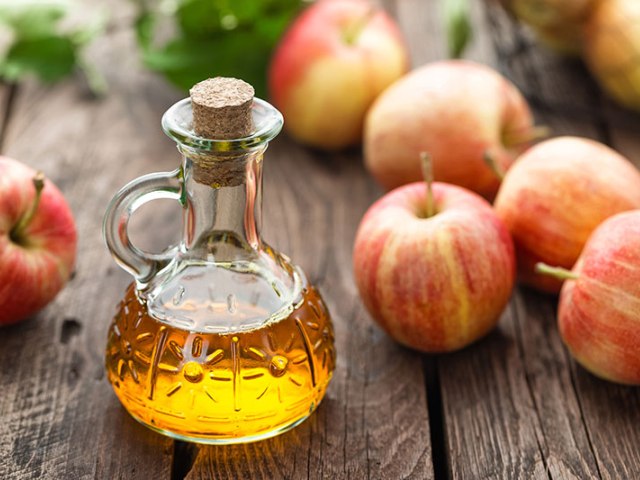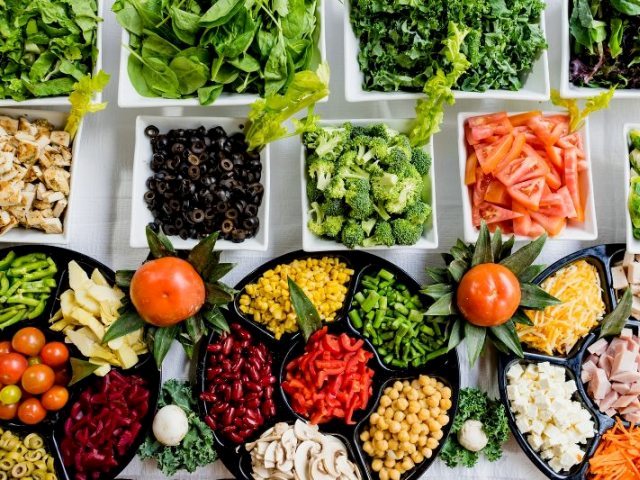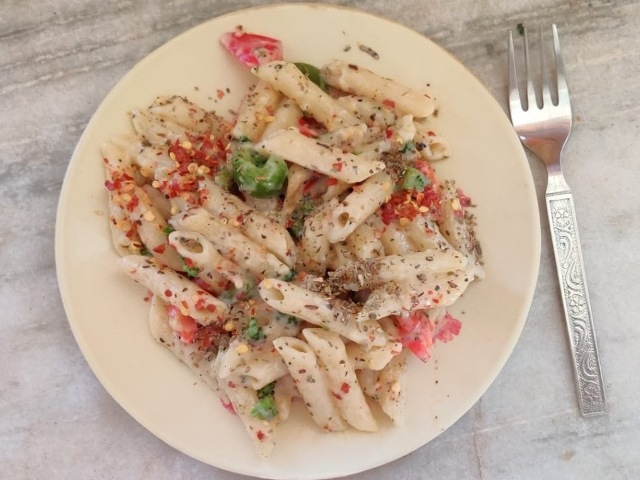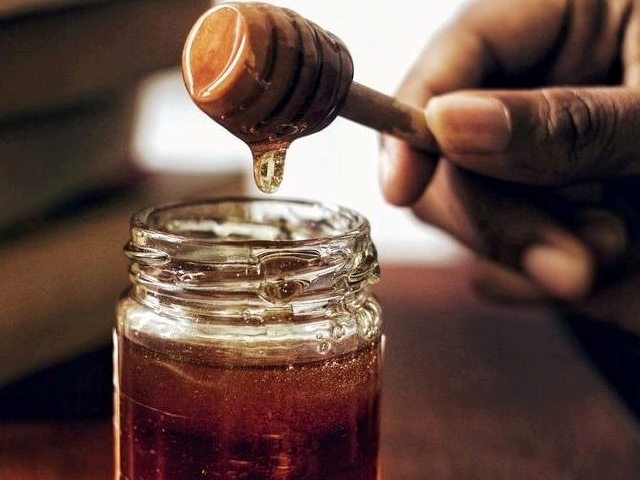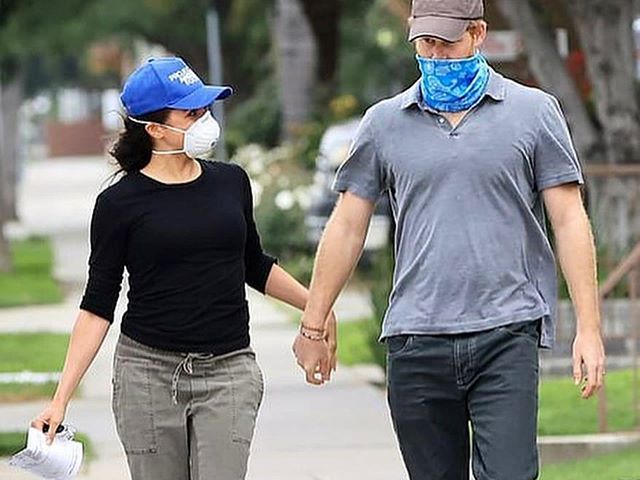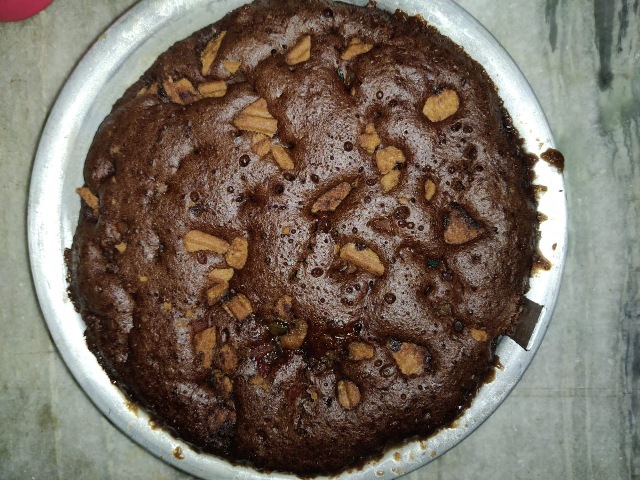Why take horse chestnut supplements?
Horse chestnut supplements have received a lot of publicity, as the herb has grown in popularity as a health supplement to improve vein diseases. So what is horse chestnut – and how does it work?
What is horse chestnut?
First of all, horse chestnut supplements are based on an extract taken from the seeds of the horse chestnut tree. The actual seed itself is highly poisonous, and should never be consumed. Additionally, any other source taken from the horse chestnut tree – such as leaves, bark or flowers, are just as toxic, and should be avoided.
While horse chestnut itself is toxic, an isolated extract of active ingredients from the plant have been found to be potentially beneficial to vein disorders. A group of chemicals called saponins, occur naturally in the plant, including aescin – which has been found in studies to reduce swelling and inflammation, and suggested as a potential treatment for inflamed and swollen veins, particularly varicose veins.
Horse chestnut and varicose veins
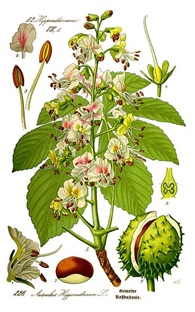 Horse chestnut supplements have been particularly popular for the treatment of varicose veins, because of the reported effect the herb’s active ingredients have on swollen tissue. Varicose veins are commonly caused by problems with circulation in veins, especially in parts of the body that are most susceptible to circulation difficulties, such as the legs for those who stand for long periods, or those carrying extra body weight.
Horse chestnut supplements have been particularly popular for the treatment of varicose veins, because of the reported effect the herb’s active ingredients have on swollen tissue. Varicose veins are commonly caused by problems with circulation in veins, especially in parts of the body that are most susceptible to circulation difficulties, such as the legs for those who stand for long periods, or those carrying extra body weight.
As valves within the veins are unable to completely redirect the flow of blood, the veins themselves often become swollen, leading to further swelling in the legs as well as other complications, including oedema, eczema and ulceration.
Horse chestnut extract has been suggested as a possible treatment for varicose veins, thought it is not fully clear how it works. Studies suggest that the main active ingredient in the extract, aescin may not only reduce swelling in tissues, but also encourage strengthening of the elasticity of veins, and prevent the production of an enzyme which may cause the breakdown of collagen – the main protein required in the construction of veins. By reducing damage in veins and the associated capillaries, horse chestnut may help to ease the pressure on the circulation system, lowering overall blood pressure and the oedemic swelling that often appears along with varicose veins.
Varicose veins can often cause severe discomfort and pain, as well as leaving sufferers more vulnerable to minor injuries, skin conditions and infections. While horse chestnut has not been explicitly proven to be a treatment for varicose veins, the FDA as “likely effective”. Alongside swelling, the extract is also commonly used for associated issues that varicose vein sufferers are likely to experience, including eczema, bruising and ulcers. However the supplement should be used with medical supervision – it should not be used at the same time as anticoagulant drugs such as warfarin or heparin, or blood-thinning drugs such as aspirin, as it may exaggerate their effect. While the extract has a far lower level of toxicity than the raw plant, it should still be avoided by those with kidney and liver problems.
This article was written by Carly. When not writing, Carly enjoys playing with her two dogs and training for her first 5K run. Horse Chestnut supplements can be purchased from a range of chemists, health food stores and online (including reputable suppliers such as Nature’s Best.)
